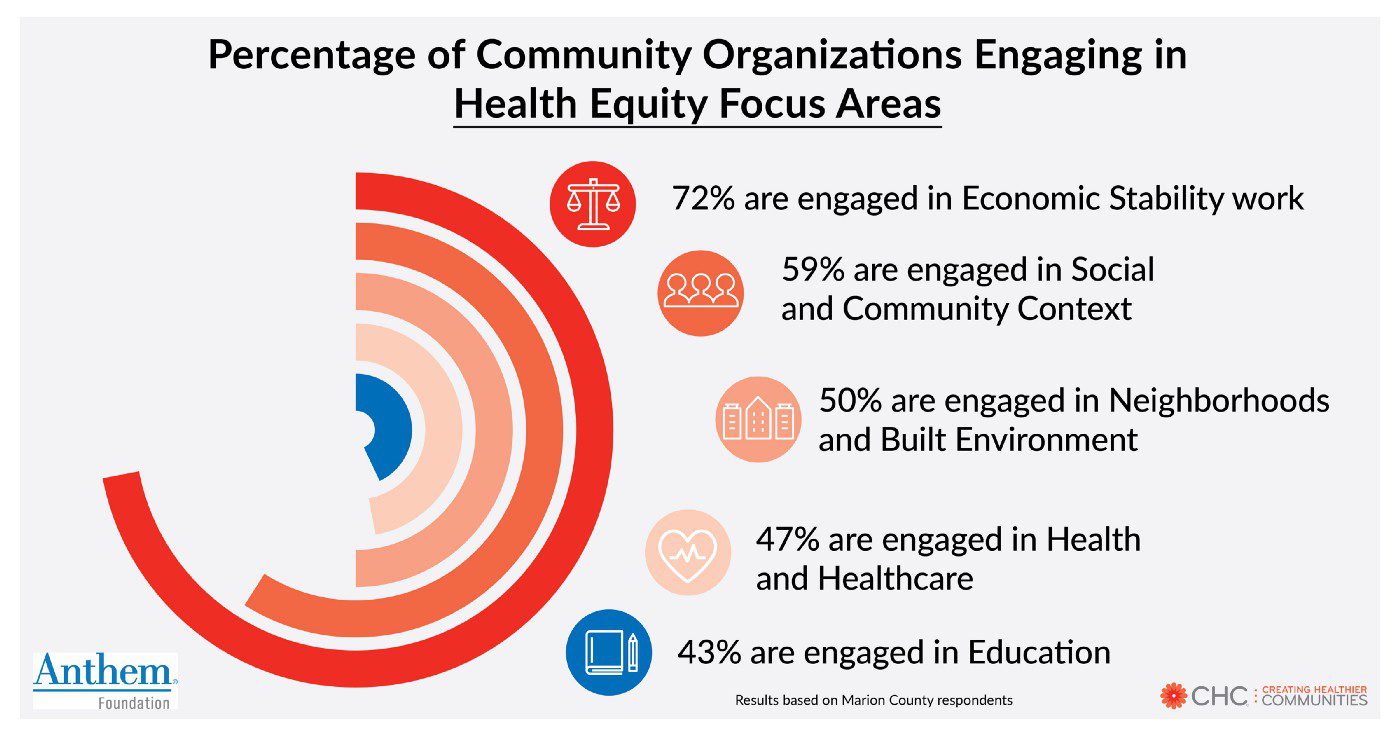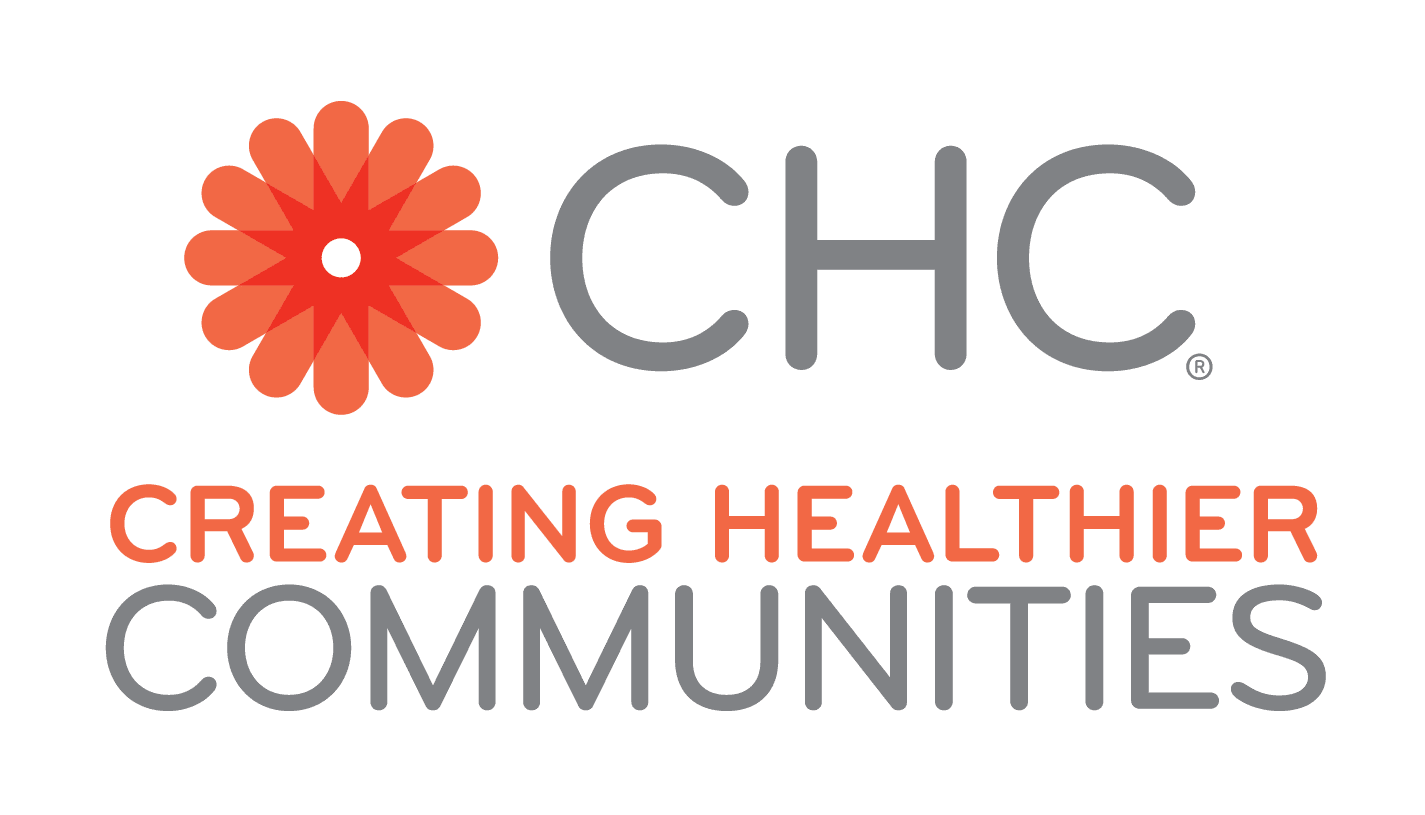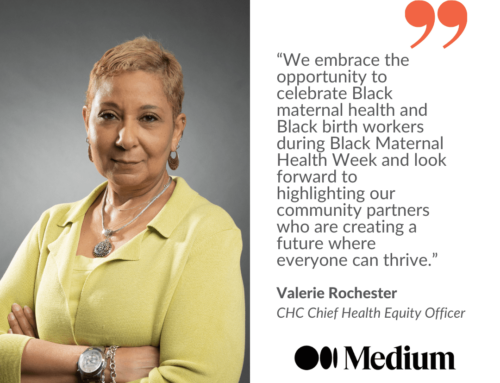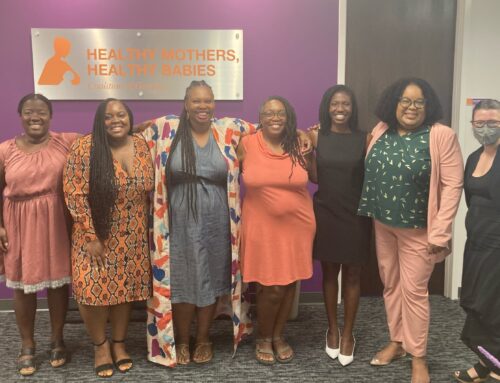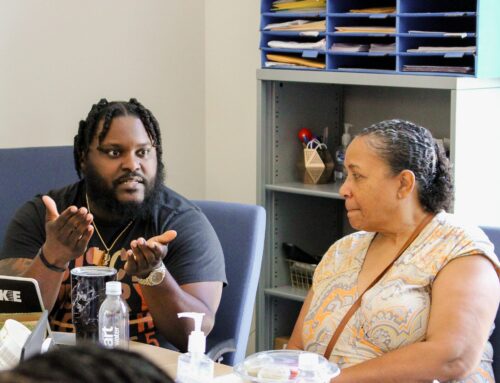Collaborating to Advance Health Equity Across Communities
By: Thomas G. Bognanno, President and CEO of CHC: Creating Healthier Communities , Written for Medium.com
Anthem Foundation and CHC: Creating Healthier Communities Partner to Illuminate Interconnection and Improve Health Outcomes
Health care spending per person has continued to increase in America reaching $3.8 trillion or $11,582 per person in 2019, yet improvements in health outcomes continue to decline. A 2014 study showed that 60 percent of American adults experienced at least one chronic condition and 42 percent had multiple chronic conditions. In addition, more than 2 in 3 adults are considered to be overweight or have obesity while nearly half of all adults in the United States have high blood pressure.
The situation is even worse for people of color. Black Americans die from cancer at a rate higher than white people and are more likely to have diabetes, hypertension, heart disease and depression.
The global pandemic only magnified longstanding inequities in healthcare, education, nutrition, employment, and housing. Black Americans experienced a COVID-19 mortality rate at about 2.4 times the rate of white Americans. Black and Latino adults, women, and people with low incomes also faced the greatest mental health challenges during the pandemic.
The solution, however, is not more spending on medical care. Research shows that 80 to 90 percent of health is determined by factors outside medical care — the social determinants of health. These conditions that we face each day as we live, learn, work and play have more to do with how healthy we are, as individuals, and as a population. For example, three out of the four leading causes of death in the U.S.– cancer, heart disease, and chronic respiratory disease — are connected to lifestyle, poor nutrition options, and other factors that are heavily impacted by income and location.
That’s why CHC: Creating Healthier Communities recently partnered with the Anthem Foundation to develop a first-of-its-kind health equity database that identifies organizations working on the factors known to influence health and their community connection points.
The project, conducted in Central Indiana, began in June 2019 with a landscape assessment and survey of nearly 300 local, state, and national organizations serving the Greater Indianapolis community. CHC partnered locally with Health by Design and the Indiana Public Health Association to identify and illustrate the interconnected activities of organizations working across the five social determinants of health focus areas: economic stability, education, social and community matters, health and healthcare, and neighborhoods and the built environment.
Preliminary results illuminate the extensive amount of work underway to address health equity, plus lay the groundwork for enhancing collective action aimed at improving community health outcomes. The preliminary assessment found that 11 percent of respondents are working in all five focus areas, and 18 percent are working in four of five focus areas. Preliminary results also indicated that organizations are prioritizing Economic Stability work, with 72 percent of respondents engaged in this focus area.
The new Anthem Foundation health equity database, once replicated across the country, can provide communities with a valuable resource to connect, enhance, and improve interventions that get at the root causes. In most communities, leaders and organizations from every sector have acknowledged the significant influence of the social determinants of health on quality of life. However, given the multi-layered approaches to the work, it can often be challenging for communities to keep track of and have full knowledge of “who is doing what” and “how everyone’s work is connected.” Without this clarity, communities cannot effectively leverage collective action models.
The results of this project have implications for both Central Indiana and communities across the country working to improve health equity: streamlining solutions by improving collaboration, eliminating unnecessary program duplication, as well as constructing shared goals and outcome measures across communities. For a deeper dive into the key learnings from this partnership, watch the global Lake Nona Impact Forum “Sustainable Health Equity Innovation” session.
